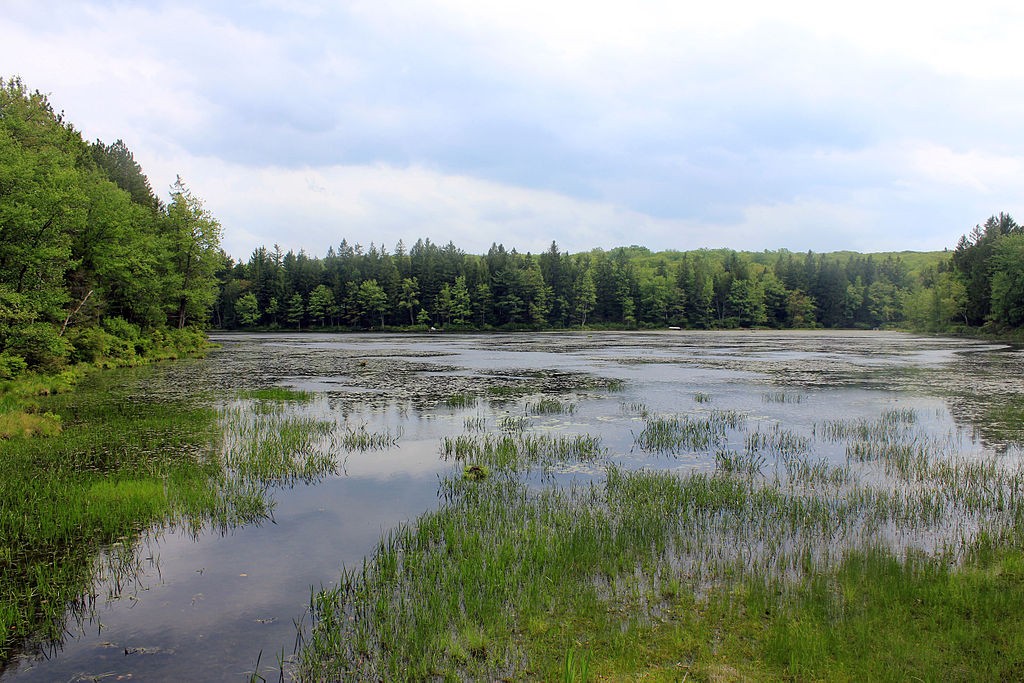Learning about biodiversity and wetland ecosystems

This past week during my ACES 399 seminar, Dr. Cory Suski, professor in the Department of Natural Resources and Environmental Sciences, came in to talk about challenges in aquatic ecosystems and conservation. Prior to this talk, I had known very little about wetland ecosystems, as I have always had access to clean water. I knew that there was only about 3% of freshwater on Earth, but didn’t realize the ways it was distributed. I assumed that there was only one way to quantify the benefits of the environment, when in reality there are multiple.
My mindset and opinions on the importance of wetland ecosystems have changed greatly following Dr. Suski’s presentation. To begin, ecosystem services can be split into four categories: provisioning (the goods produced by the environment); regulating (the benefits from regulation of processes by the ecosystem); cultural (non-physical benefits from the environment); and supporting (the factors necessary for producing ecosystem services). While the ecosystem harbors many benefits, there are also many challenges facing it, specifically wetland ecosystems.
According to Dr. Suski, more than 50% of wetland ecosystems in North America and Europe have been lost. In addition, 20% of coral reef ecosystems have been destroyed, and 2% of mangrove habitats disappear each year. I knew that water scarcity was an issue and that coral reefs were dying, but I didn’t realize the true extent of these issues. With continued population growth, water use, land coverage, and climate change, we will continue to see a decrease in these wetland ecosystems. Prior to Dr. Suski’s presentation, I assumed that the only negative effect of wetland loss would be for humans is water scarcity, but that is just the tip of the iceberg.
Loss of coastal habitats can lead to flooding, reduced fish catch, and increased pollution. Loss of biodiversity can lead to deteriorating ecosystems, food insecurity, and a decrease in available water. Furthermore, money from tourism will be lost as more and more coral reefs die off. Unfortunately, while these will have devastating effects on humans, many people don't know about them. In order to prevent further loss of these wetland ecosystems, multiple steps need to be taken not only at the individual level, but global level as well.
A few examples are education on the importance of biodiversity, environmentally mindful decisions, and the implementation of protected areas. When people hear the word conservation, they think more about the conservation of animals. While that is part of it, there needs to be more attention on aquatic ecosystem conservation, as there is only so much fresh water available on Earth. There are not enough people that know how devastating a loss in wetland ecosystems can be and I was one of them prior to the presentation. With knowledge, mindfulness, and group action on a global level, I believe that further loss, at such a great scale, can be significantly reduced.
Students in ACES 399: “Vision 2050 –Grand Challenges of the Millenium” attend presentations by ACES faculty members about current topics in agriculture. As part of their class assignments, students are asked to write blog posts reflecting on those topics. The Voices of ACES blog will feature select ACES 399 blog posts throughout the semester.